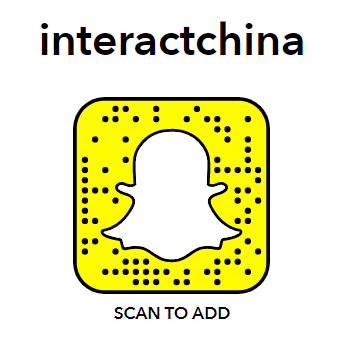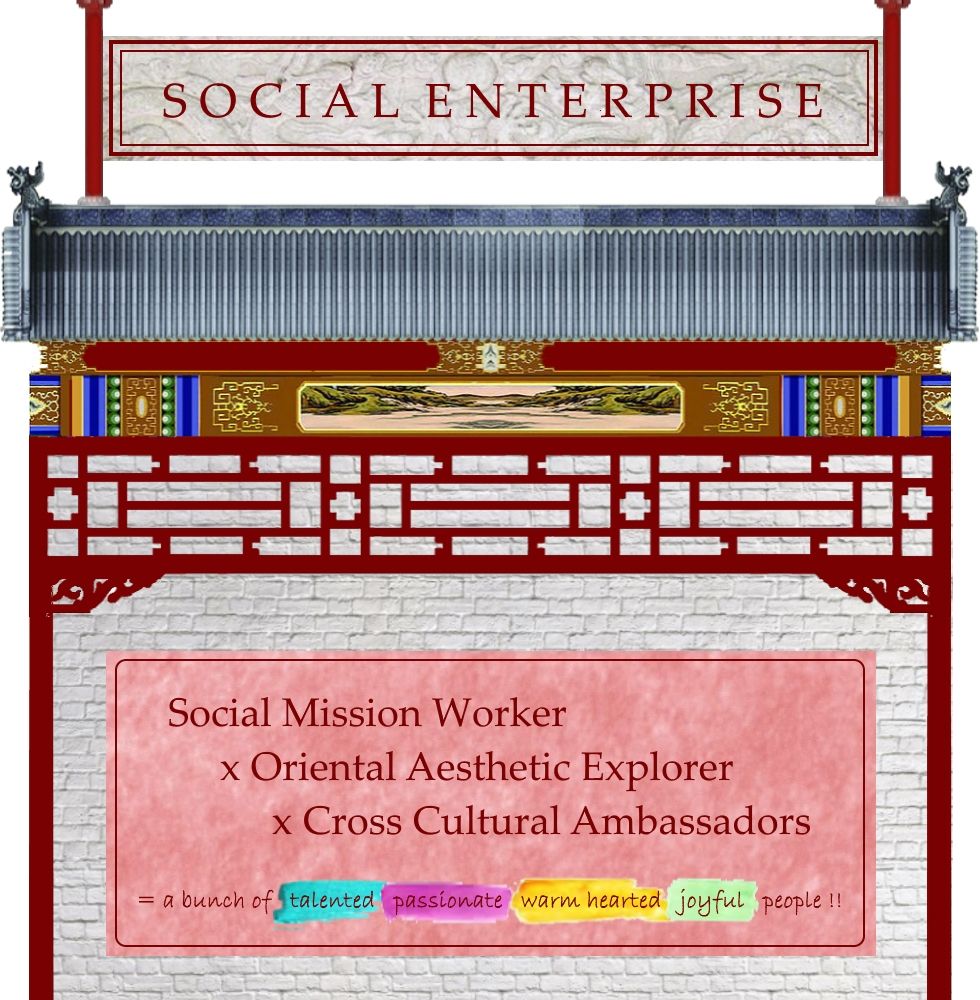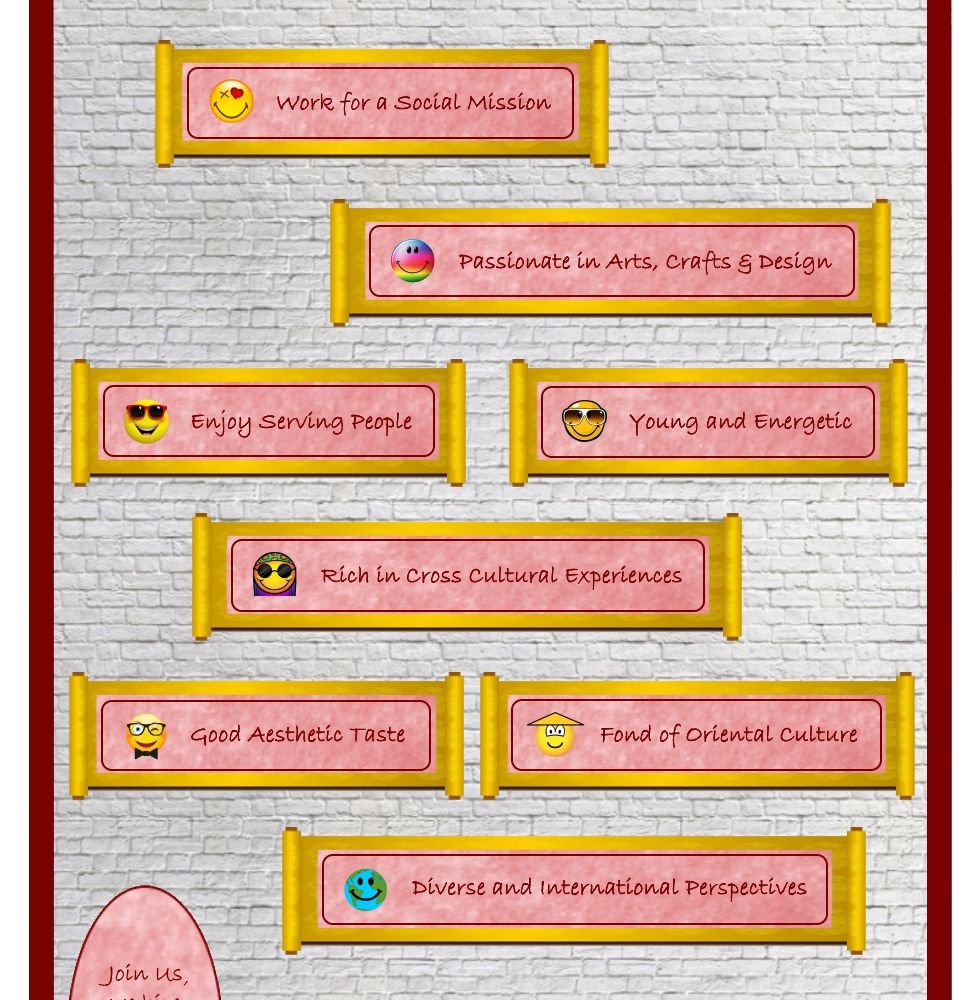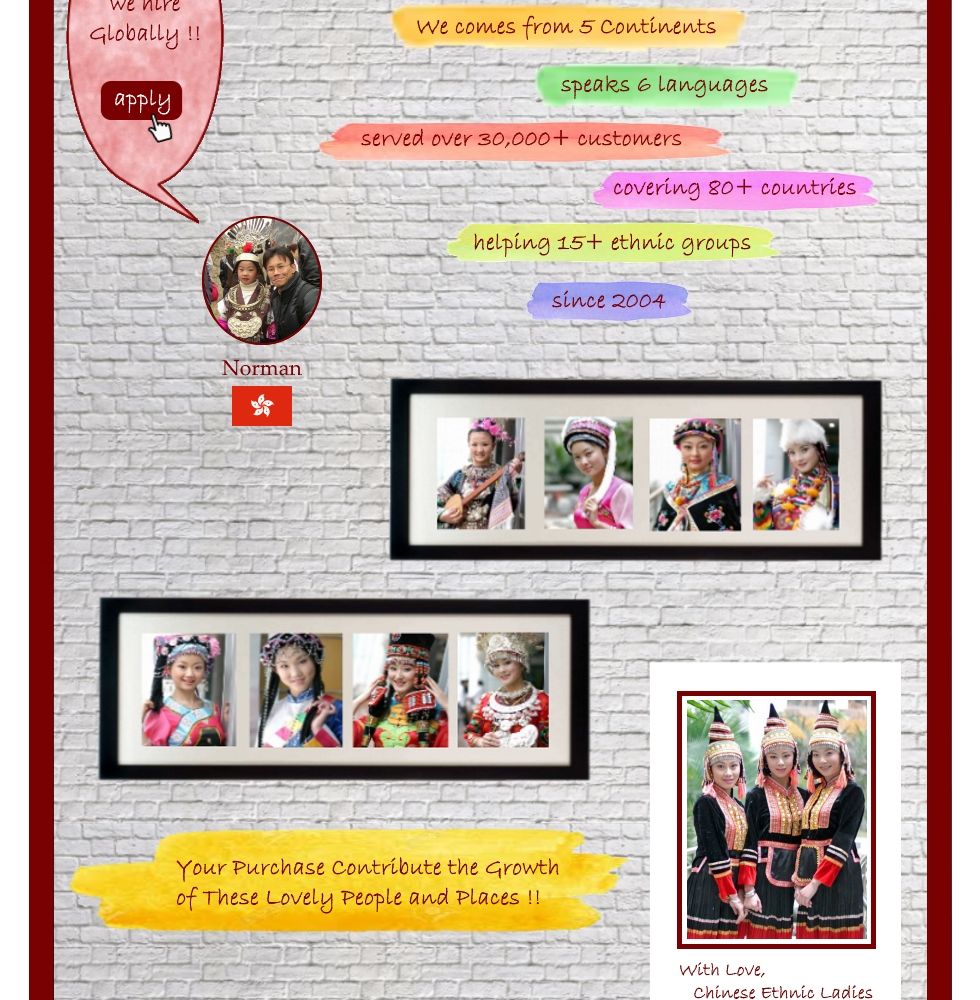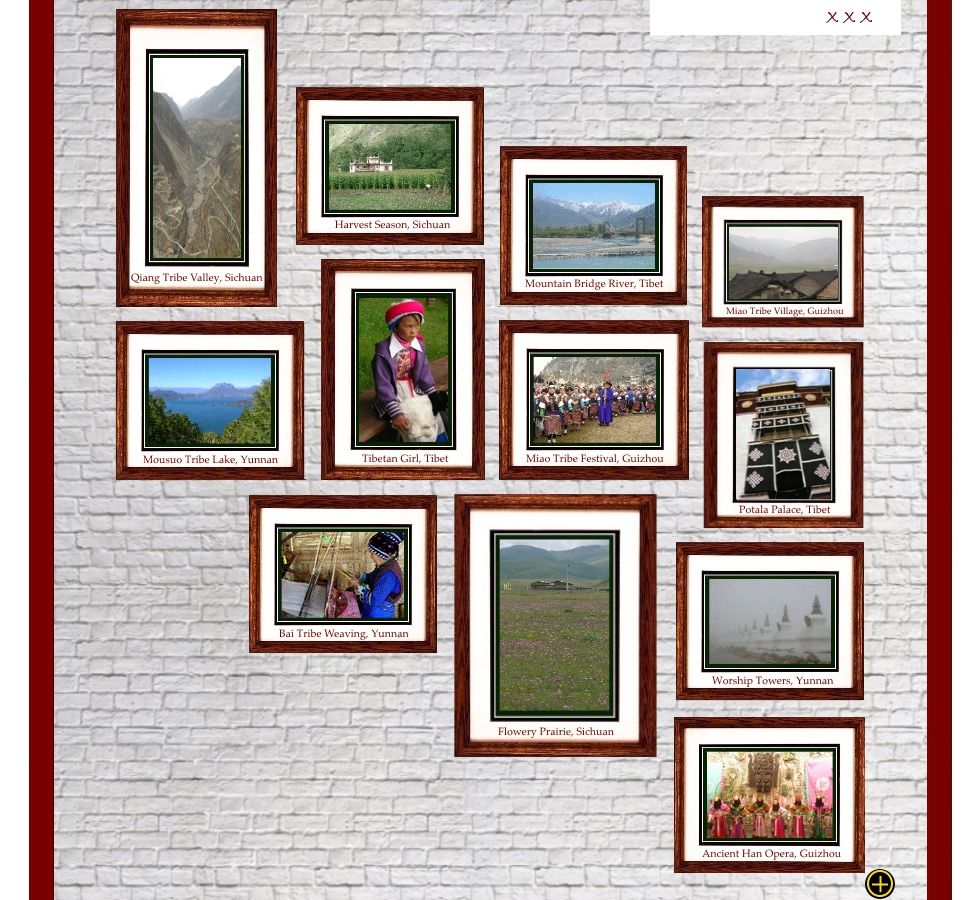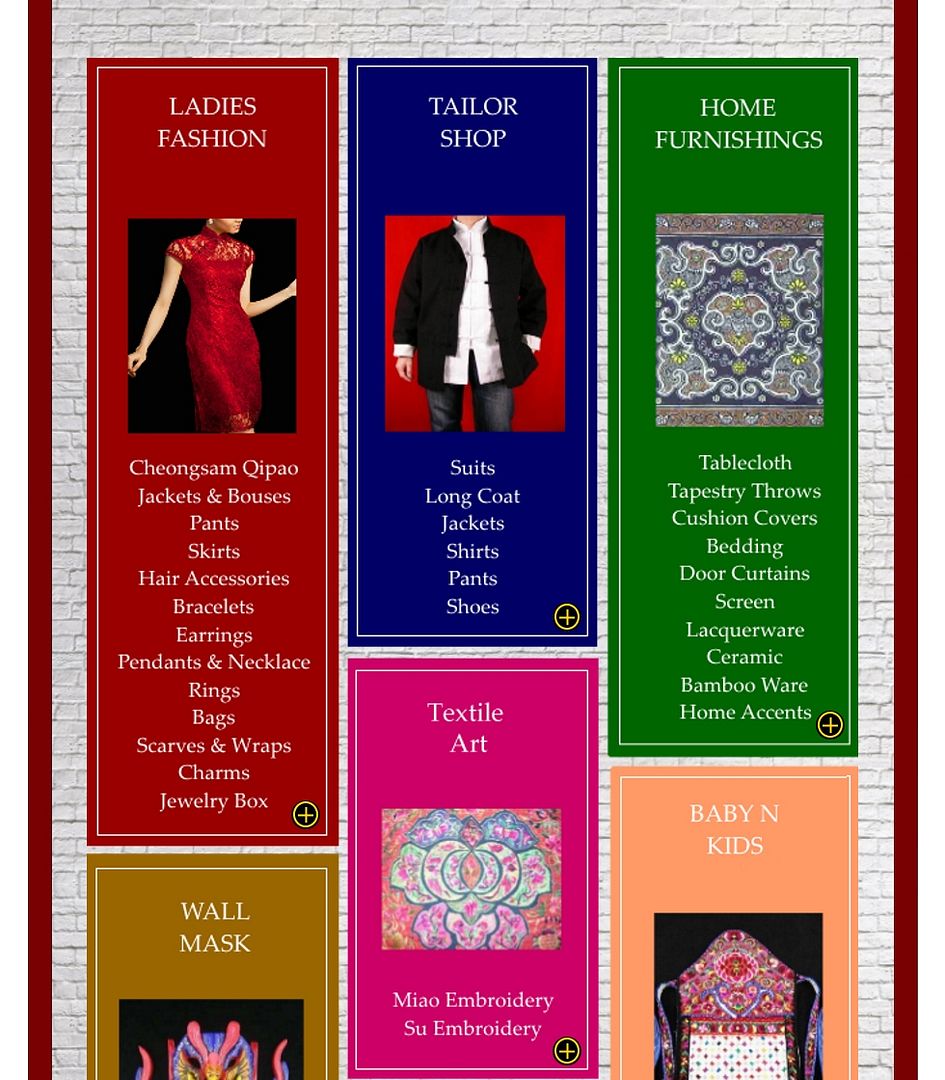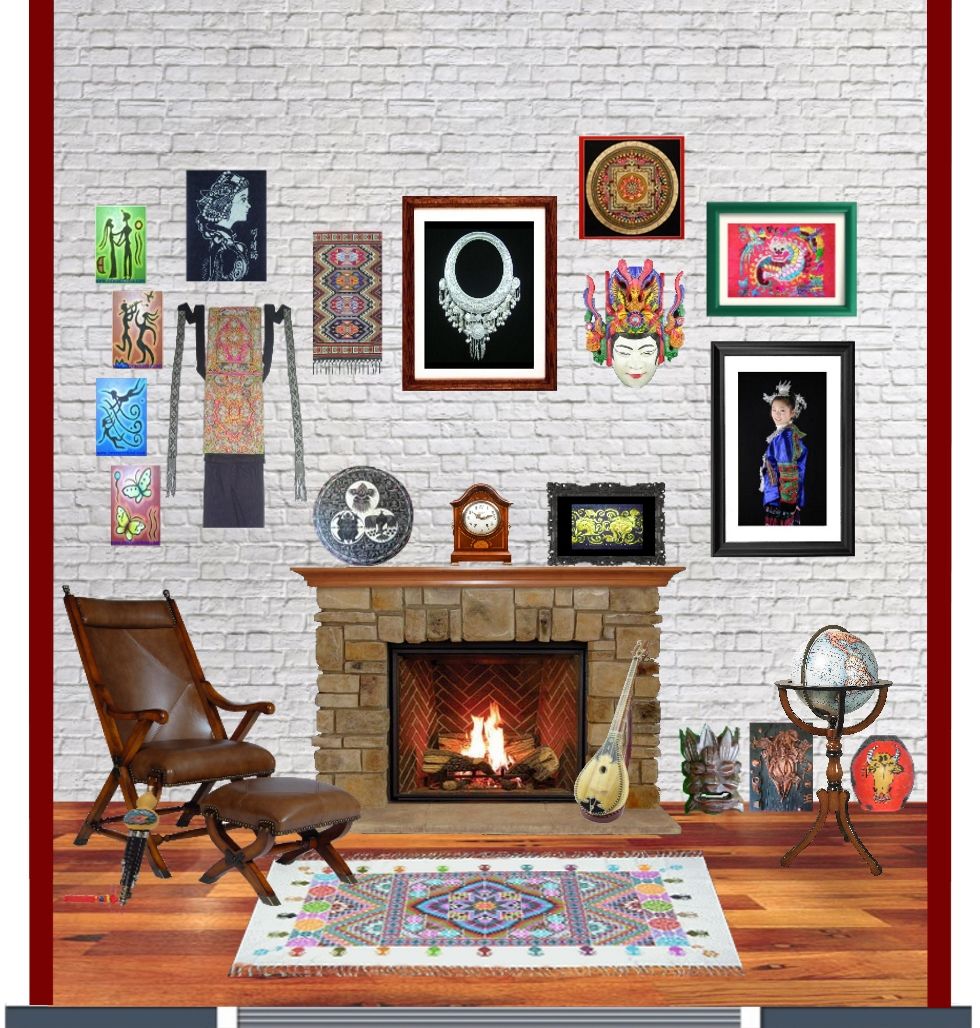Music of the Uyghur
9th Jun 2017
The Uyghur are a Turkic ethnic group living in Eastern and Central Asia. Today Uyghurs live primarily in the Xinjiang Uyghur Autonomous Region in the People’s Republic of China. An estimated 80 % of Xinjiang’s Uyghurs live in the southwestern portion of the region, the Tarim Basin.

The Uyghur have a great love of singing and dancing. They have been known for their vibrant music and ethnic dances since very ancient times. Music and dance occupy a significant place in life of the Uyghur. There are no holidays, parties and wedding festivities without music and dances. Uighur traditional songs are remarkable for their melodious originality.
Distinctive Uyghur Music

Uyghur music embraces several distinct regional styles, product of the geography and complex history of the region, whose oasis kingdoms, separated by mountains and deserts, have been subject through the course of history to rule by many different outside forces.
The History of Uyghur Music

Uyghur scholars trace the roots of their music back to the 11th century BC to the Di people who are referred to in the earliest of the Chinese dynastic annals, living to the north of China. And generally speaking, the historical flow of music has largely moved from west to east in the following centuries. While Chinese histories record the influence of the Western Region on central China, Uyghur music has historically absorbed much influence from the regions of Central Asia to the west, arriving along the famed Silk Road.
Distinct Regional Styles
Due to the particular geography of Xinjiang and the constant influence of one culture on another, musical styles have developed along different paths over the years, and each tradition is typical of its locality.
The musical traditions of the southern oasis towns of Khotan and Kashgar are more closely allied to the classical Central Asian traditions of Bukhara and Samarkand, while the music of the easternmost oasis town of Qumul has closer links to the music of Northwest China. Each of the region’s oasis towns have to this day maintained their own distinctive sound and repertoire, but they are linked by a common language and overarching culture, maintained by constant communication through trade and movement of peoples. Musically there is much to link these local traditions, in terms of instruments, genres, styles and contexts.
Traditional Uyghur Music
There are several kinds of traditional Uygur music, the most famous of which is the classic Uygur musical composition the “Twelve Muqam”, a major force in the development of Uygur folk music.

Another kind of Uygur music is called “Sanam,” or “beauty,” which involves singing and dancing to a group consisting of between seven to a dozen pieces of song-and-dance music. The music begins slowly and steadily, then picks up speed, and finally culminates in a climax of merry music and exuberant dances.
“Kuxak,” “Eytixish,” and “Maida” are spoken songs, which are common among the Uygur people. Accompanied by simple tunes, the speaker will talk his way through a song, usually about the love between a man and a woman. These songs can also be performed by two people.
by Xiao Xiao @ InteractChina.com
About Interact China
-----------------------------------------------------------------------------------------------------------------------------
"A Social Enterprise in E-commerce Promoting Oriental Aesthetic Worldwide"
Aileen & Norman co-founded Interact China in 2004 with specialization in fine Oriental Aesthetic products handmade by ethnic minorities & Han Chinese. Having direct partnerships with artisans, designers, craft masters and tailors, along with 10 years solid experience in e-commerce via InteractChina.com, we position well to bridge talented artisans in the East with the rest of the world, and bring you direct finely selected products that are of good quality and aesthetic taste.
So far we carry 2000+ goods covering Ladies Fashion, Tailor Shop, Home Furnishings, Babies & Kids, Painting Arts, Textile Arts, Carving Arts, Tribal Jewelry Art, Wall Masks and Musical Instruments. Our team speak English, French, German, Spanish and Italian, and serve customers worldwide with passion and hearts.
-----------------------------------------------------------------------------------------------------------------------------
P.S. We Need People with Similar Passion to Join Our Blogging Team!
If you have passion to write about Oriental Aesthetic in Fashion, Home Decor, Art & Crafts, Culture, Music, Books, and Charity, please contact us at bloggers@interactchina.com, we would love to hear from you!






